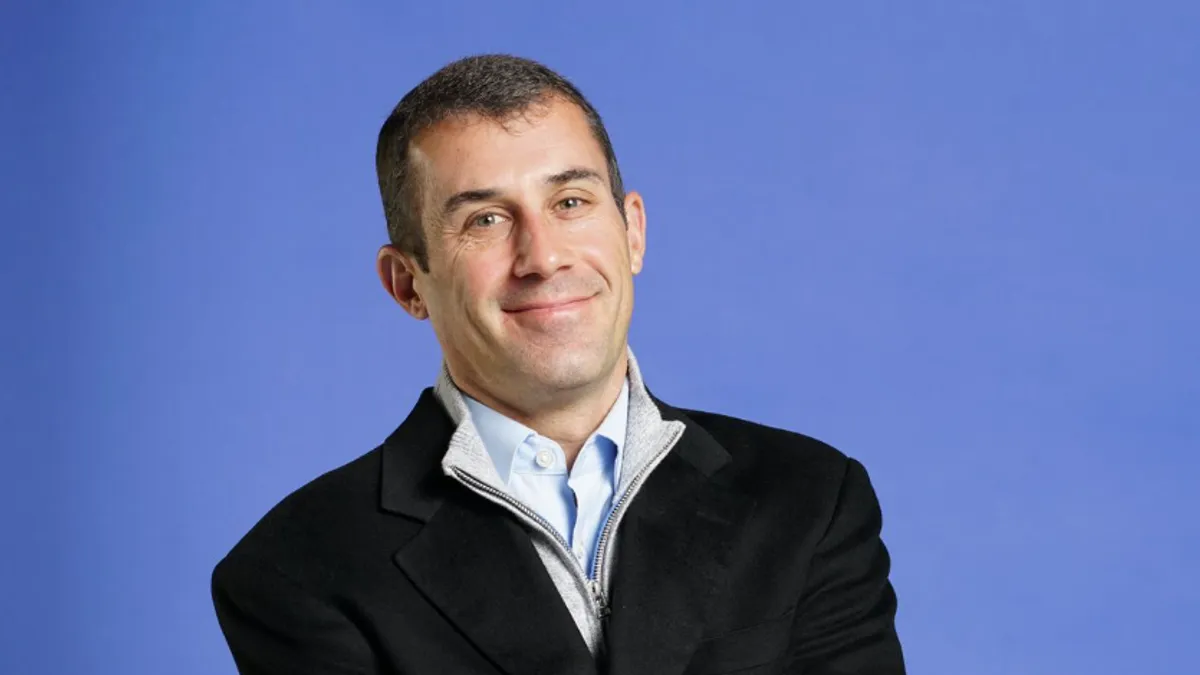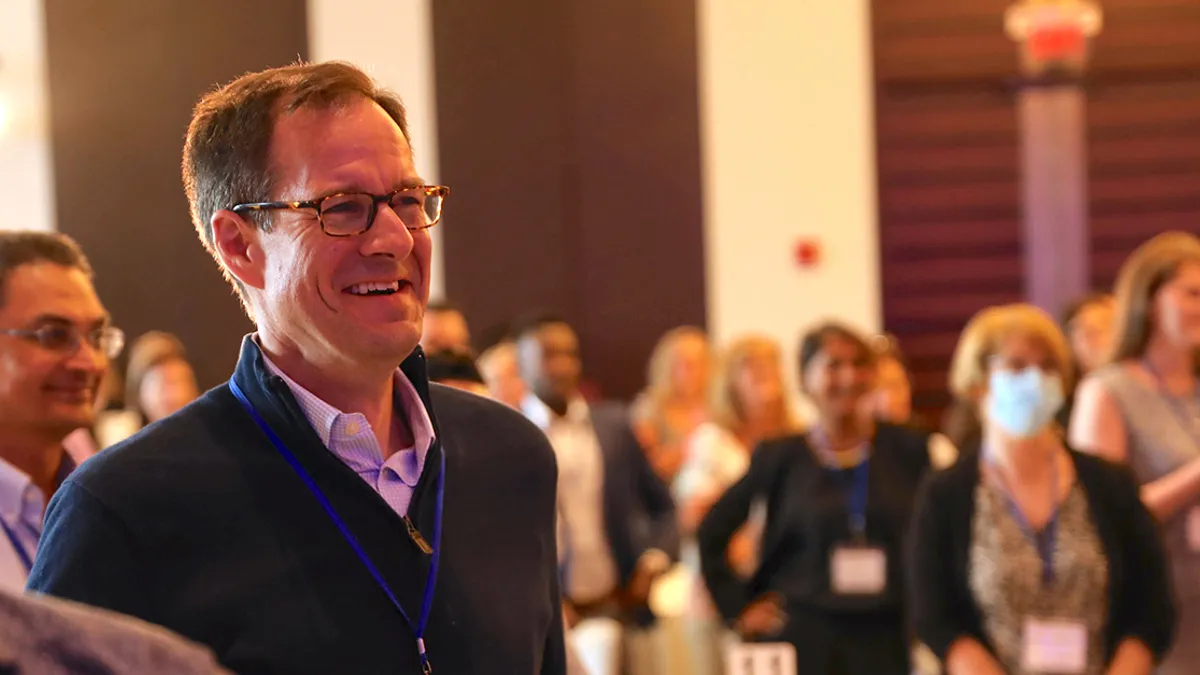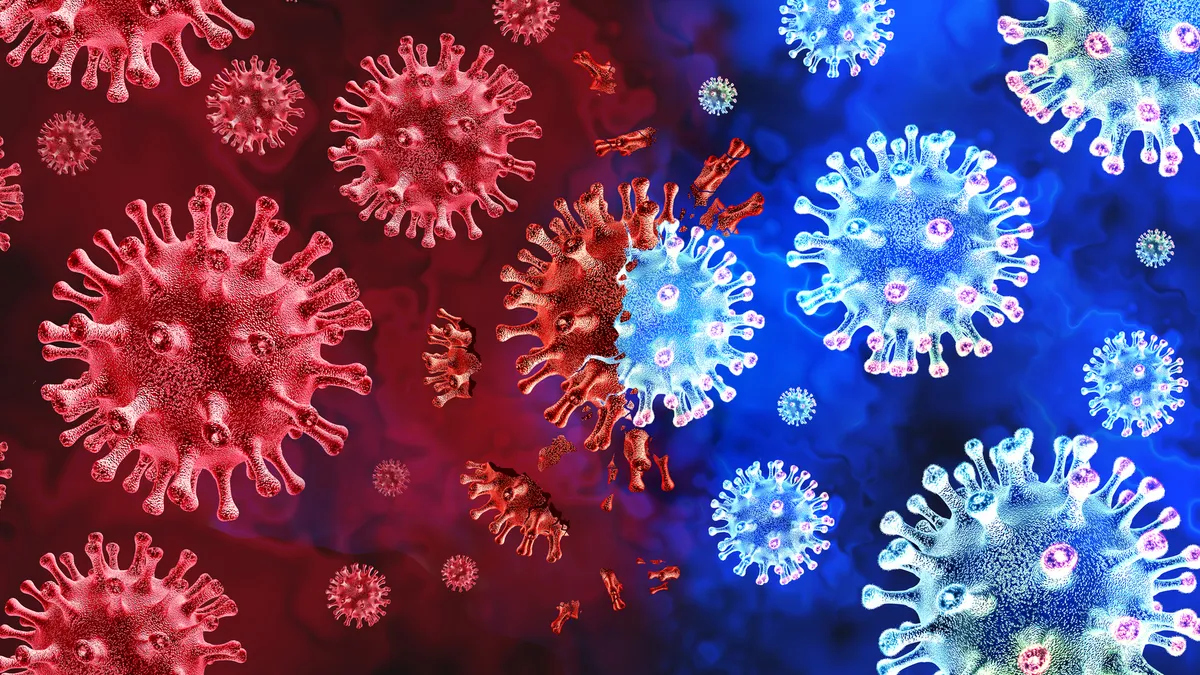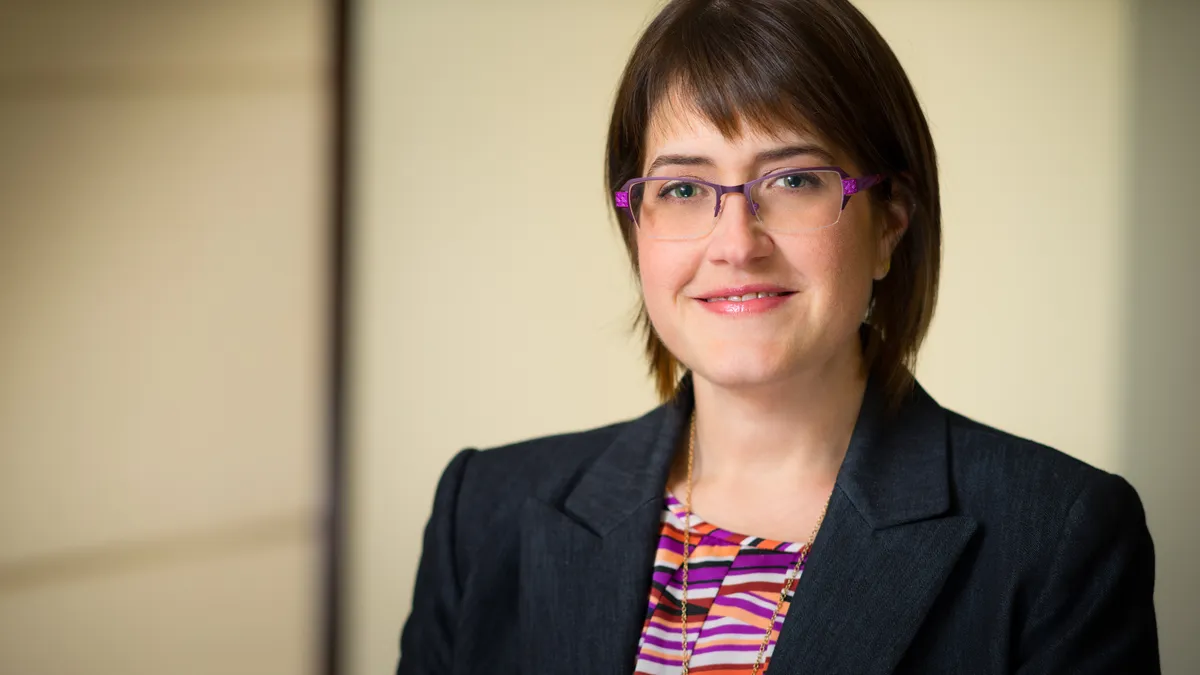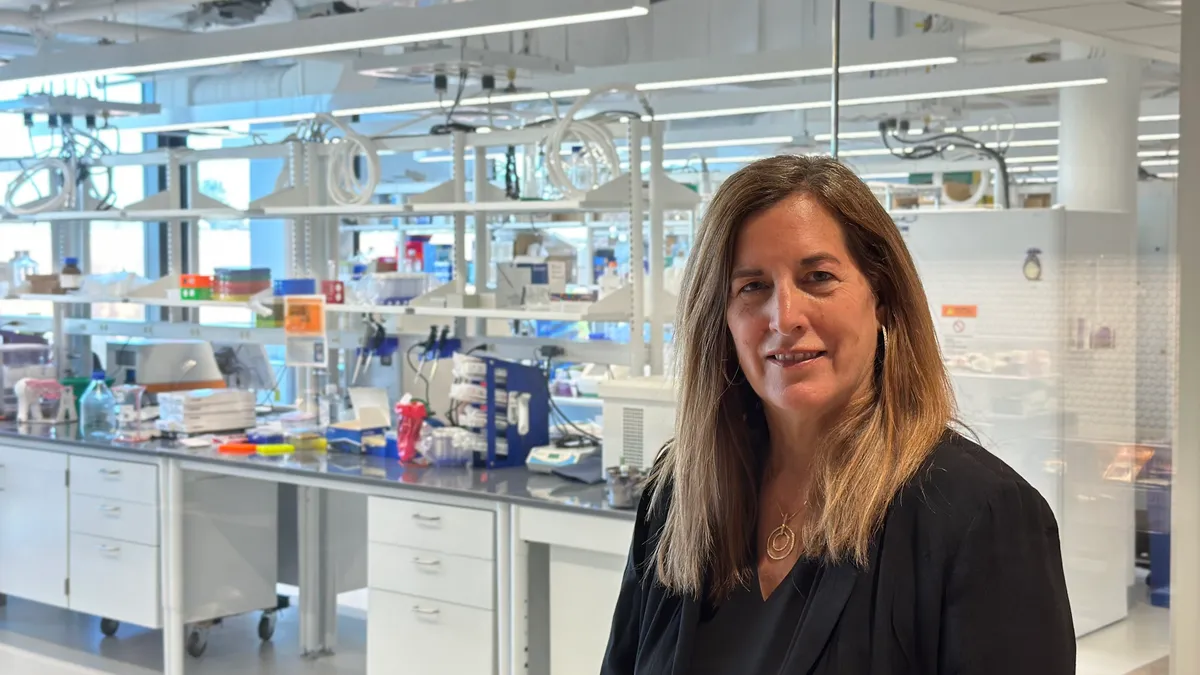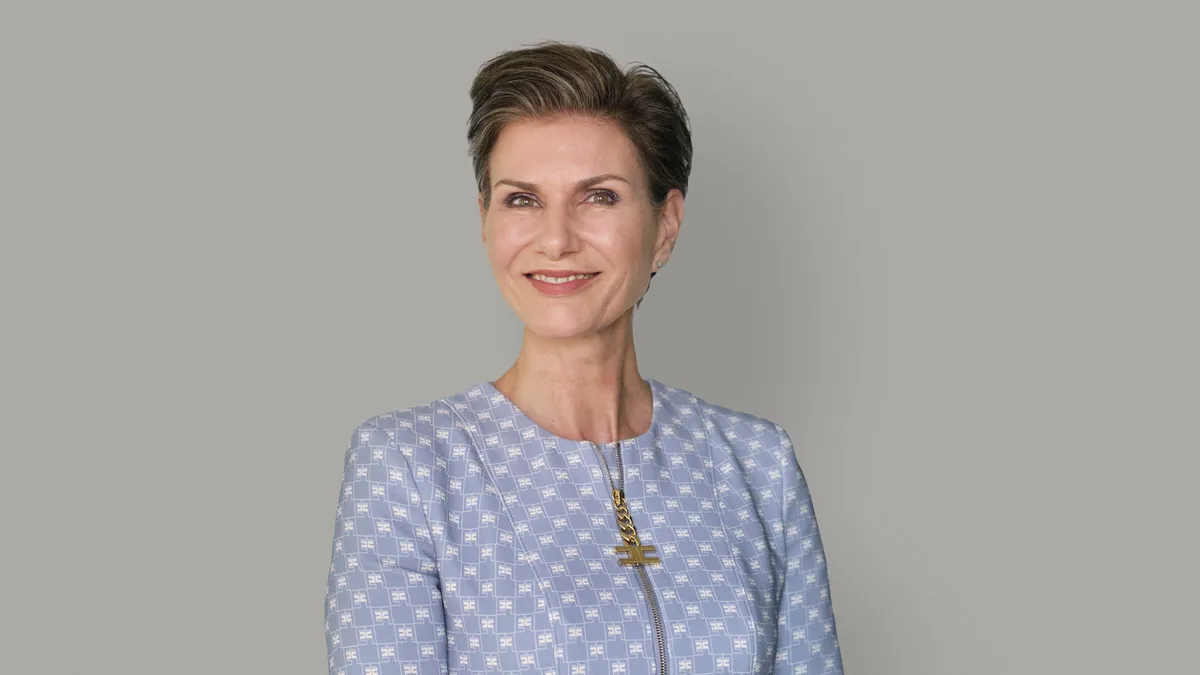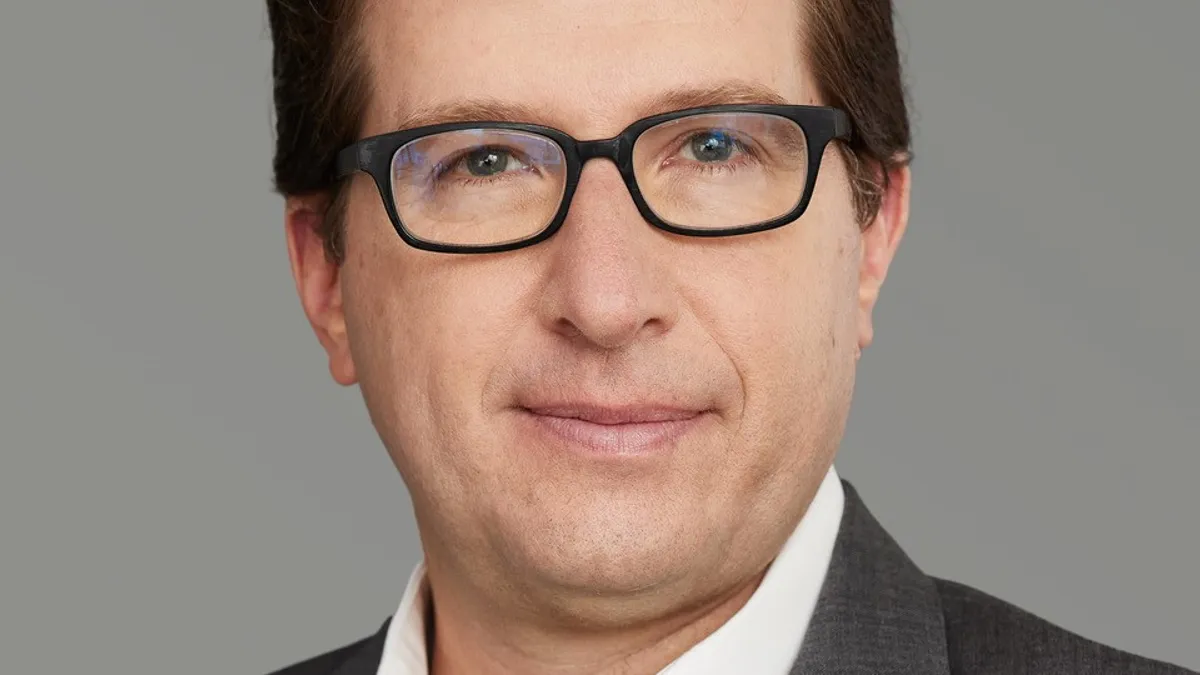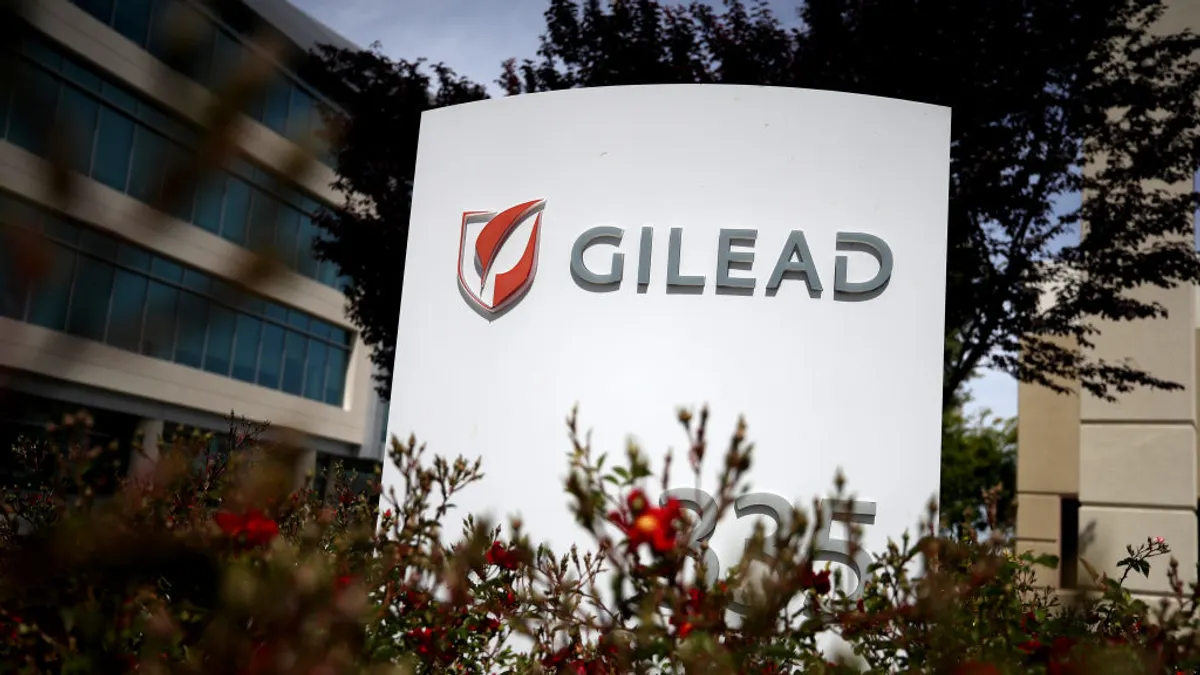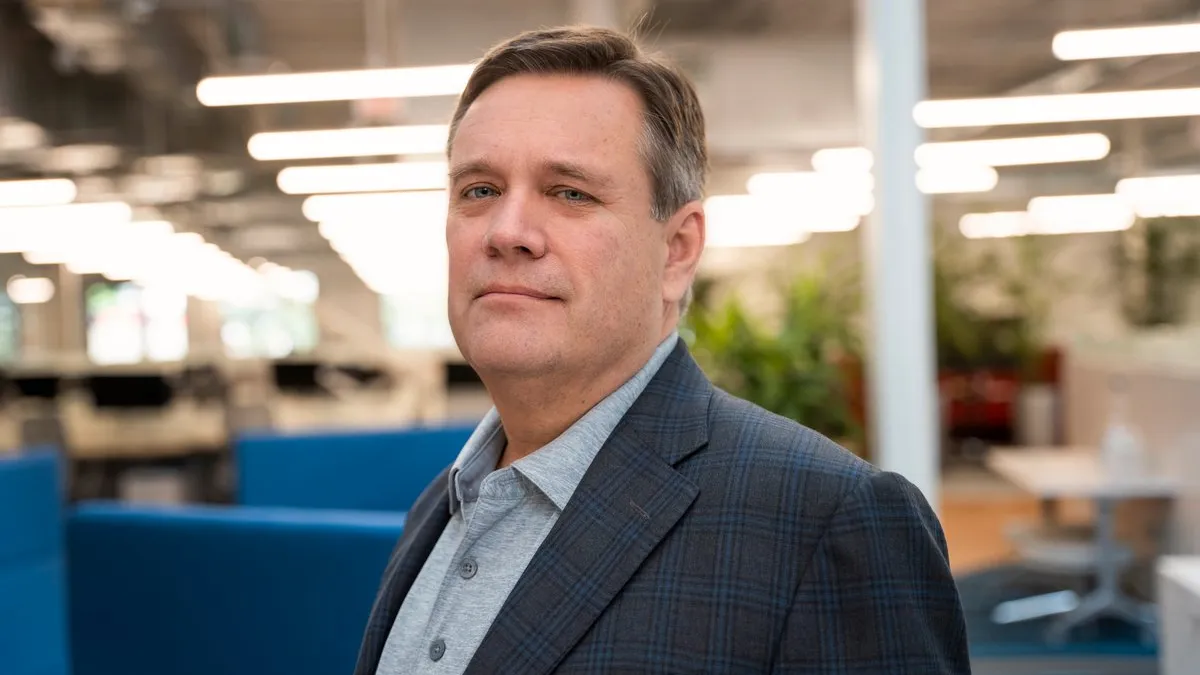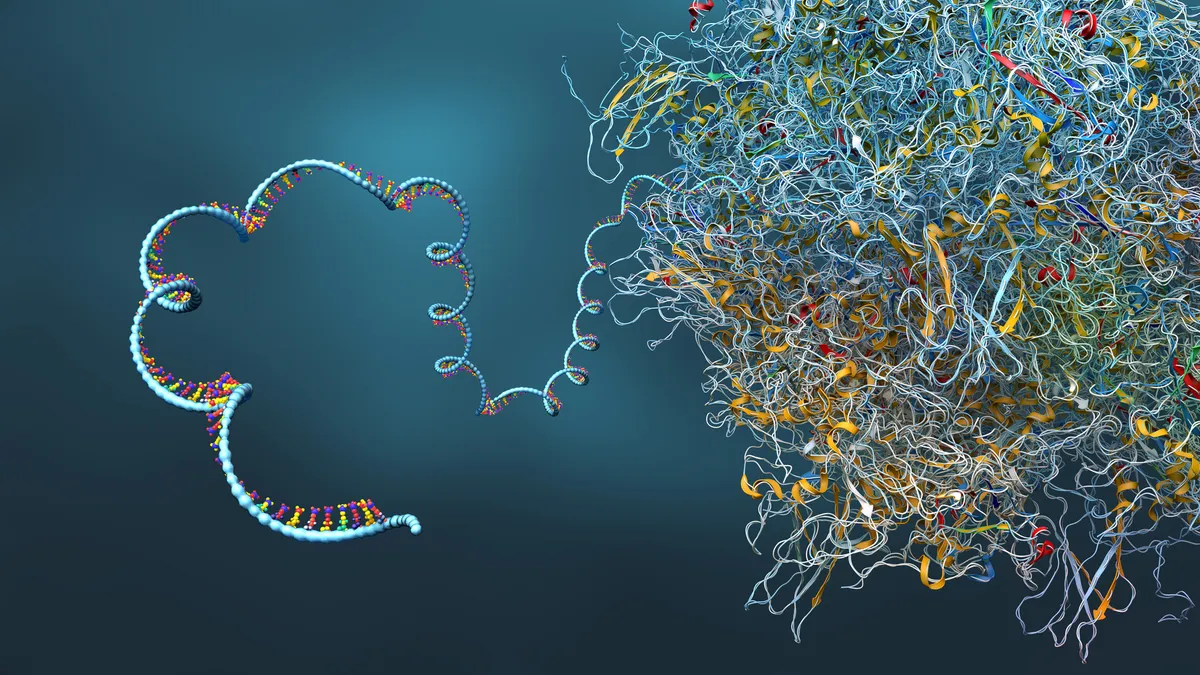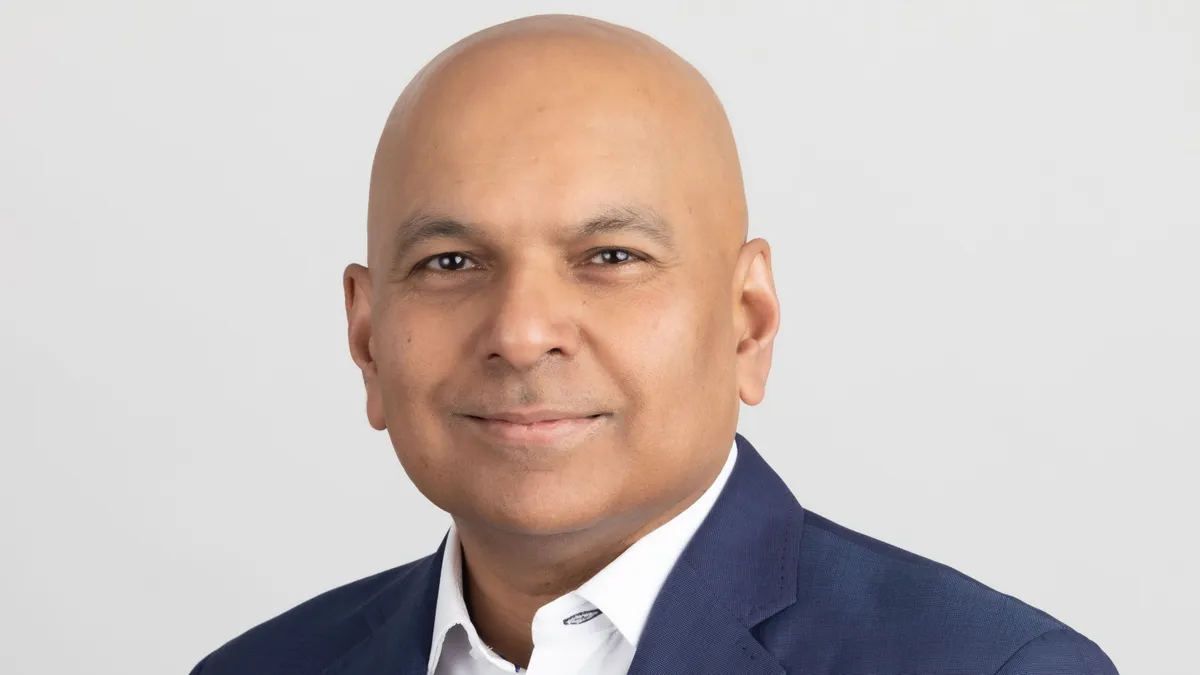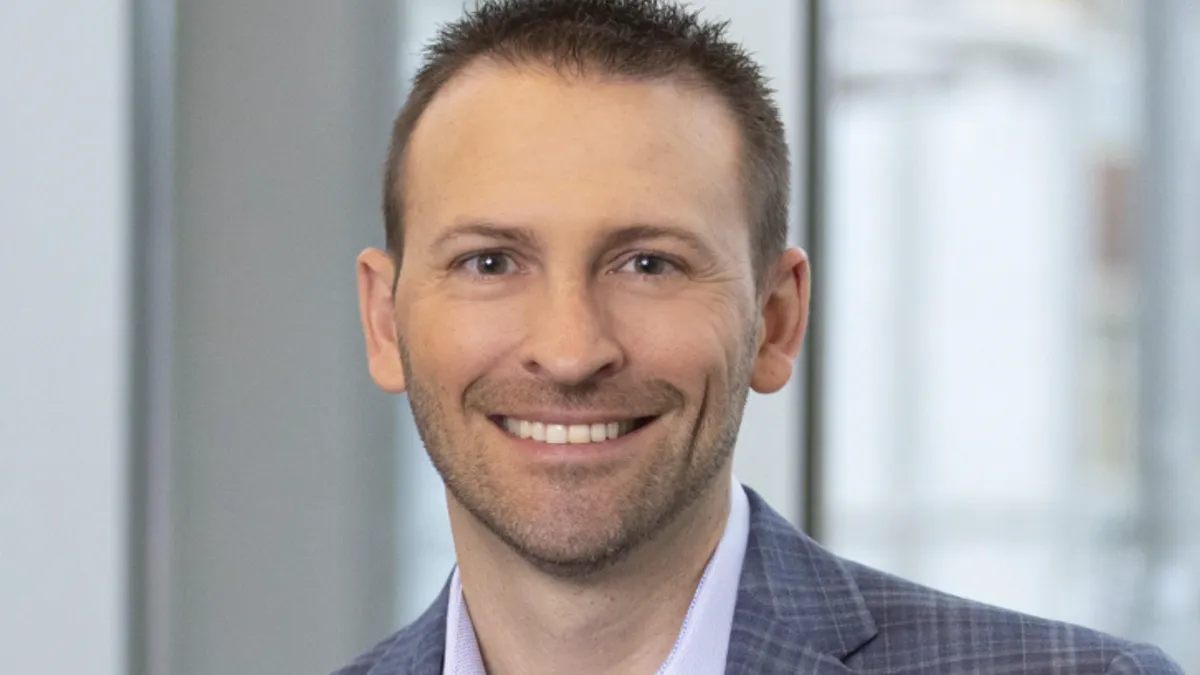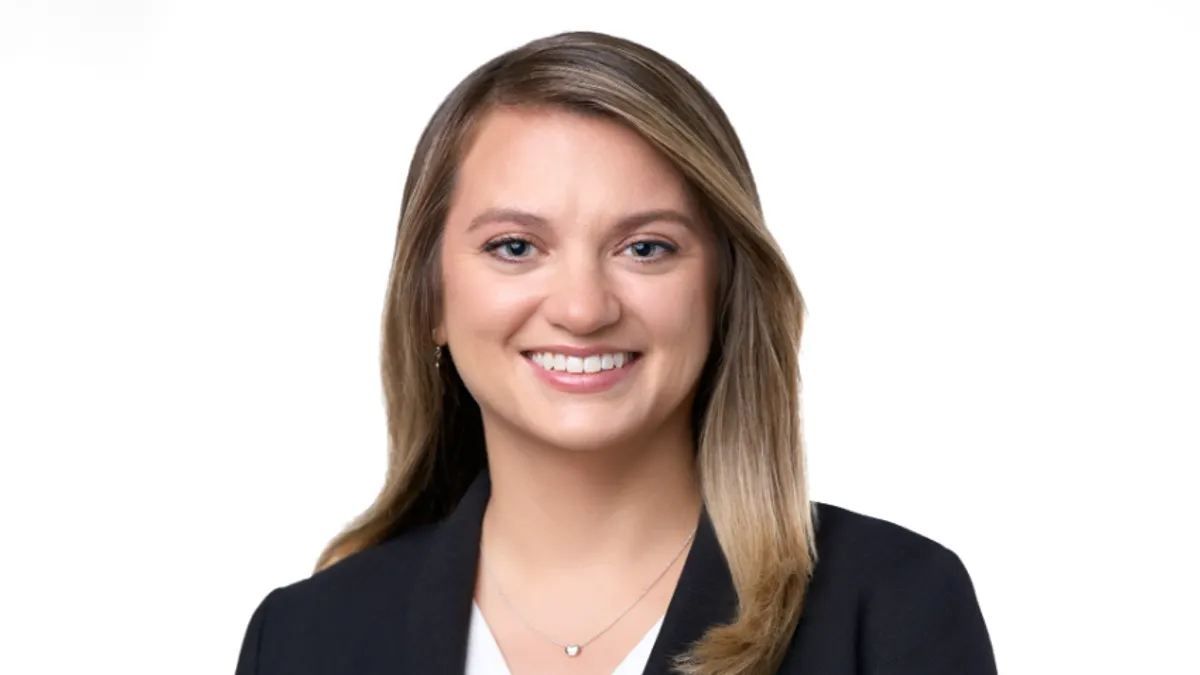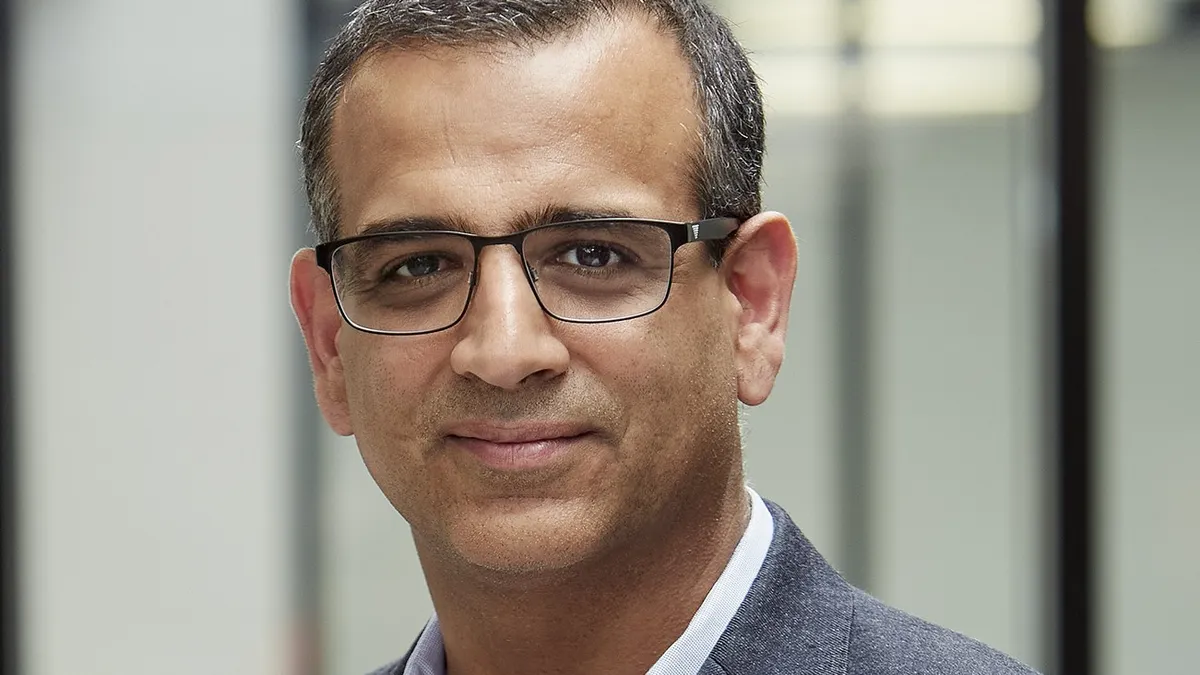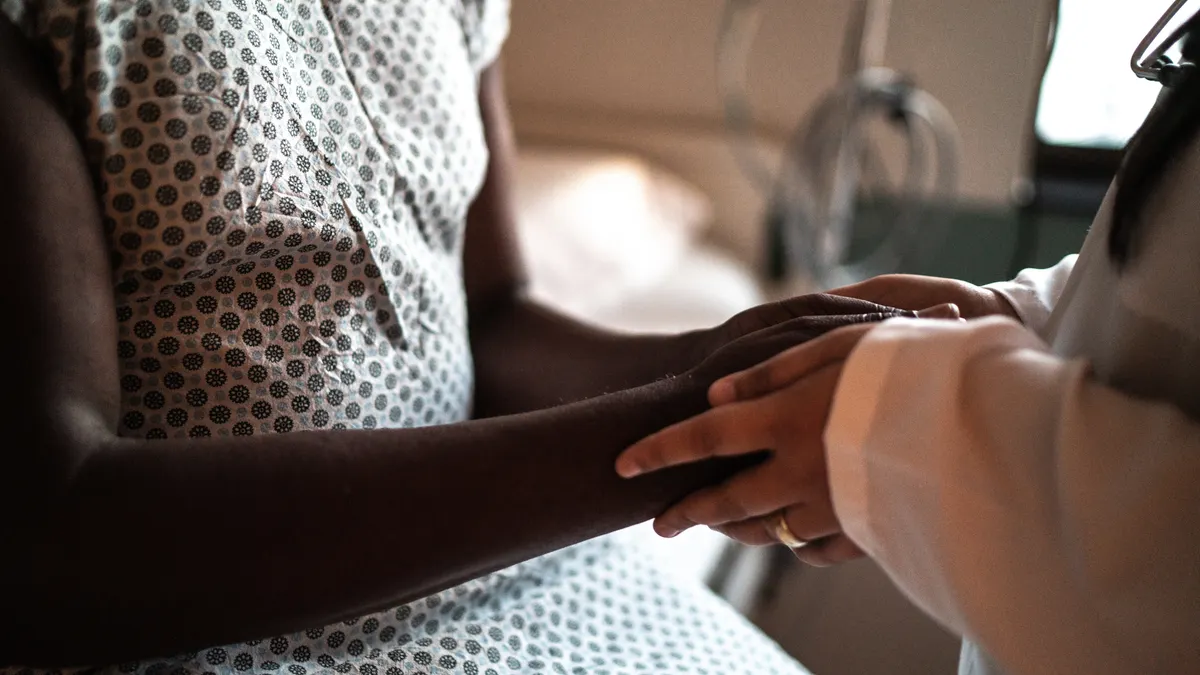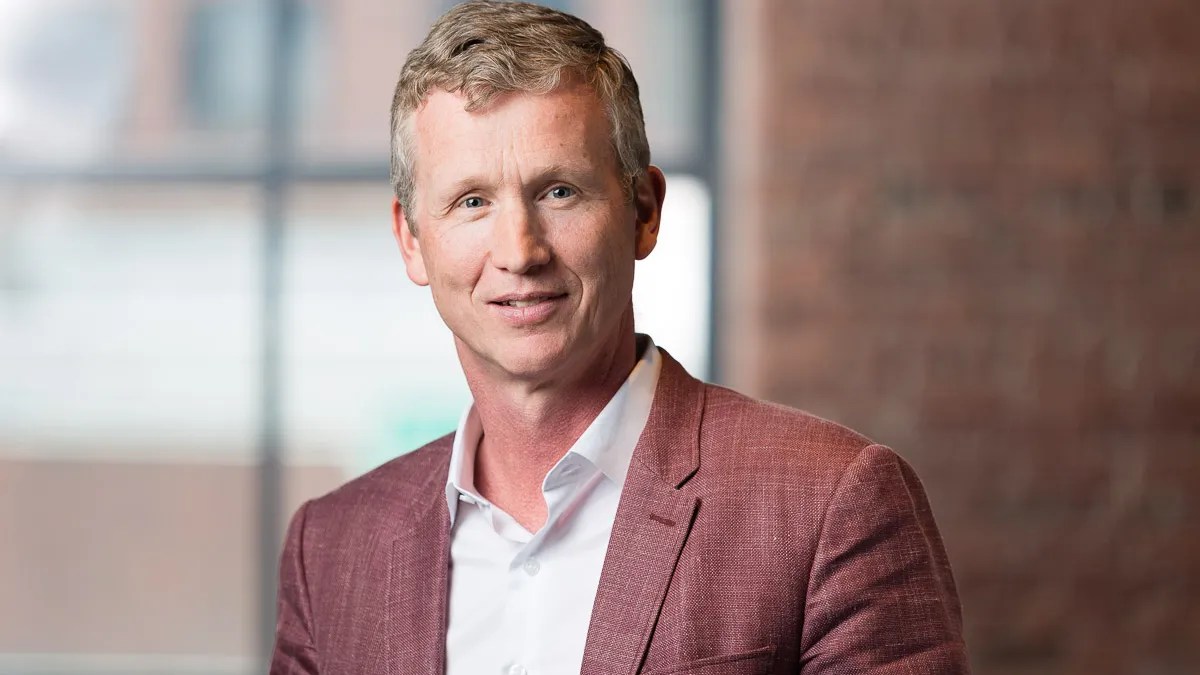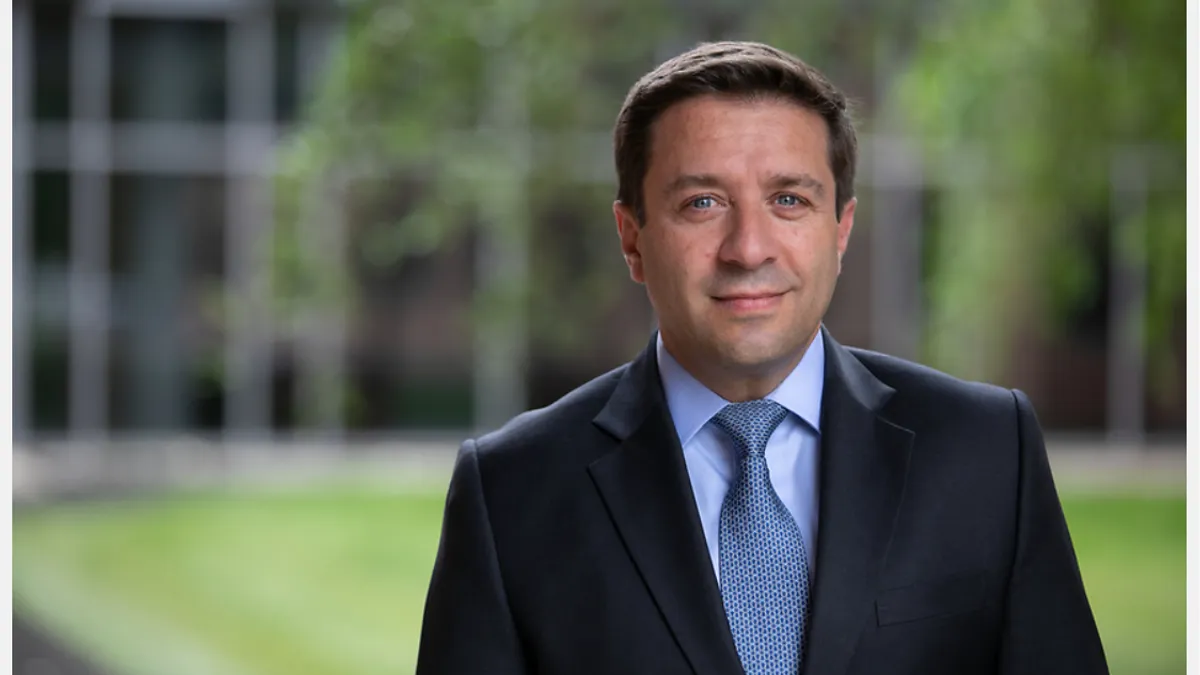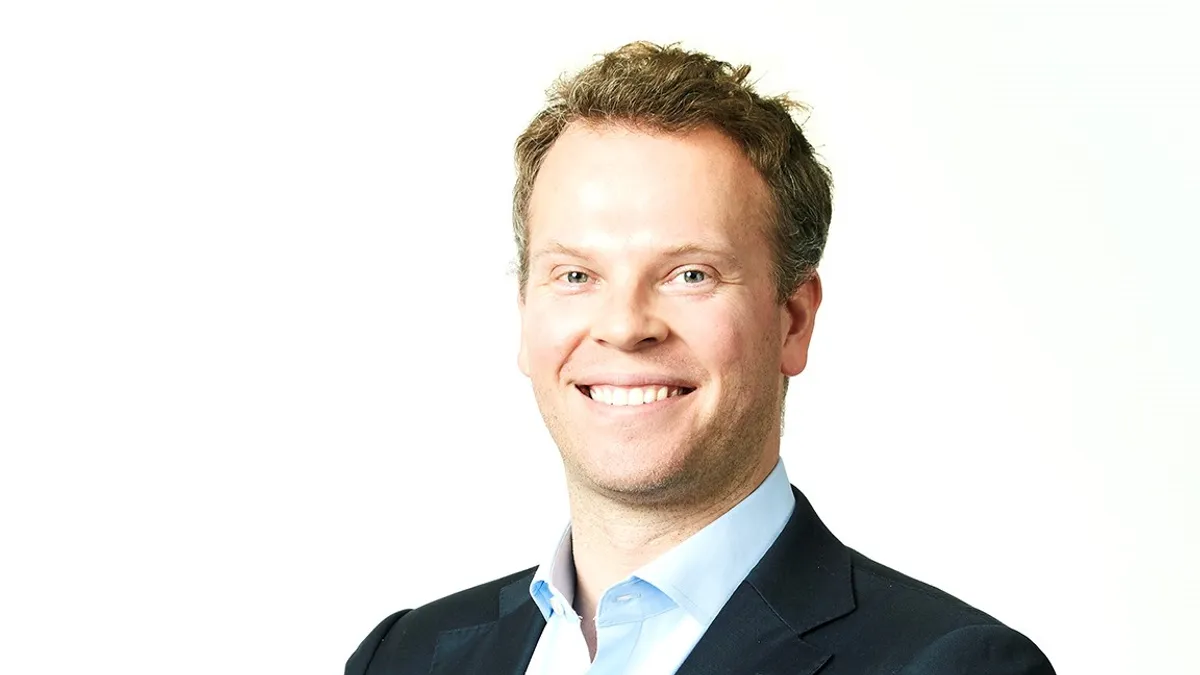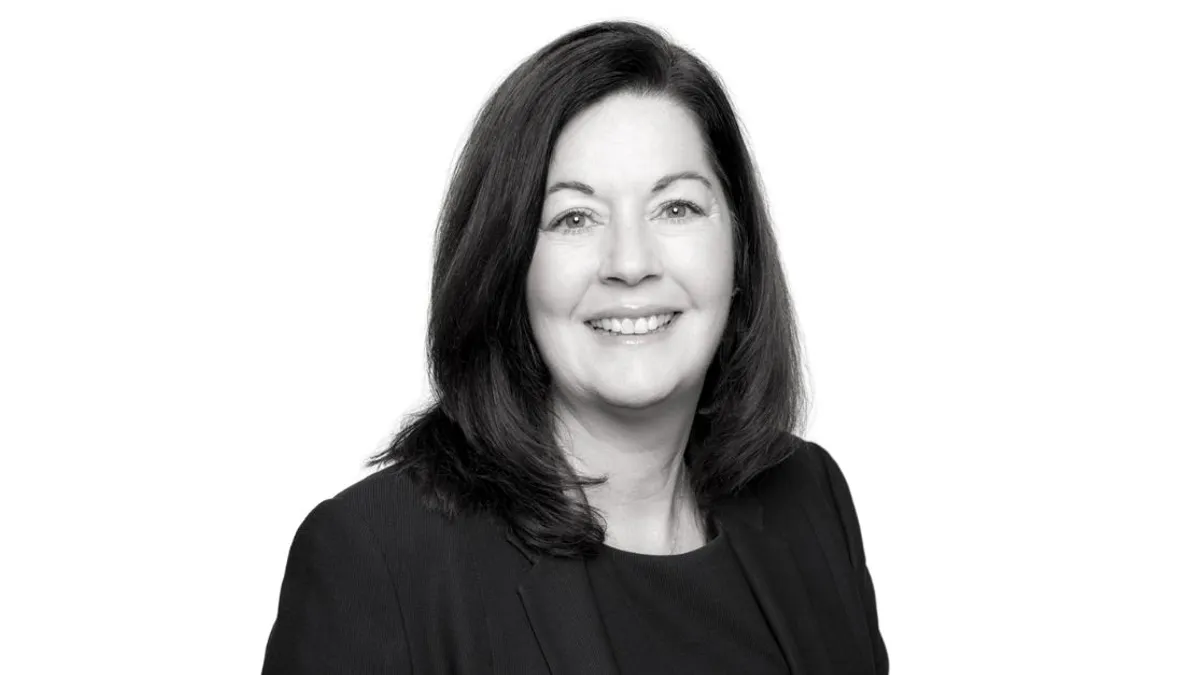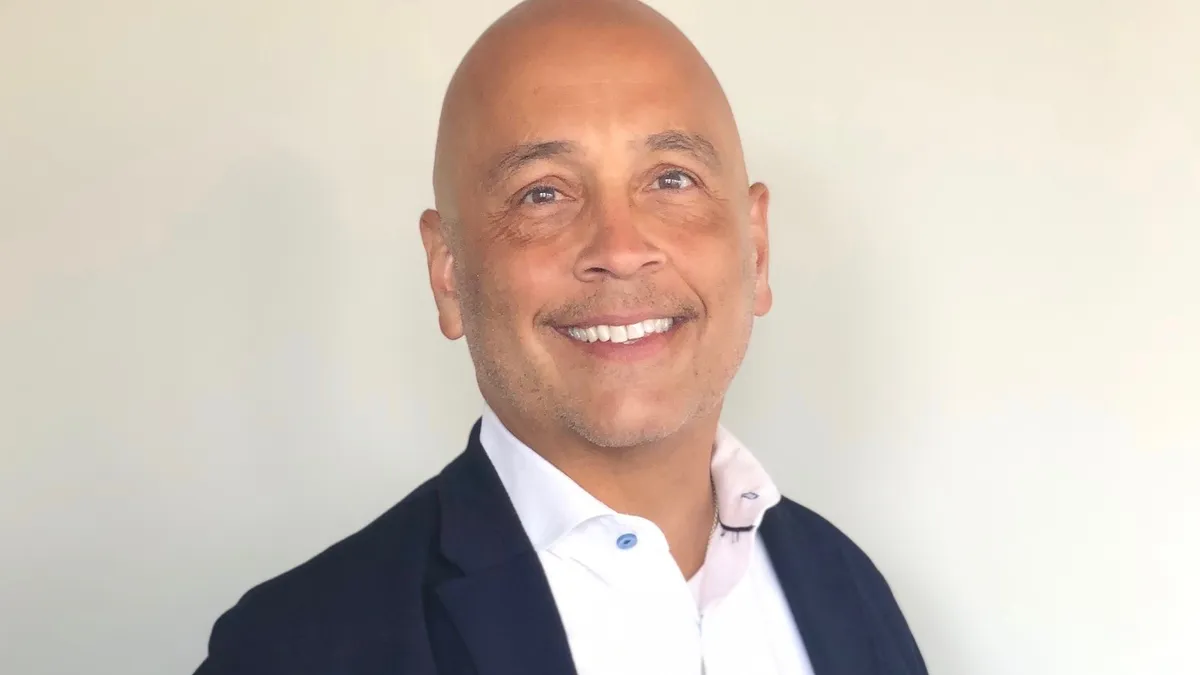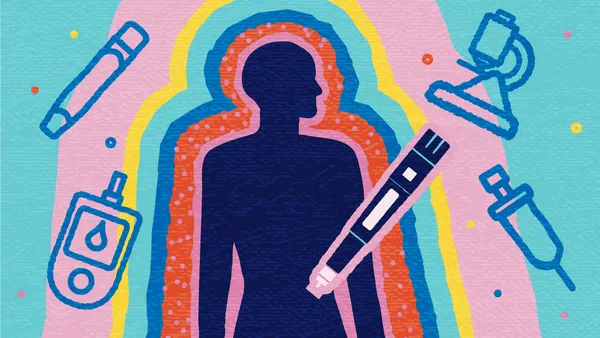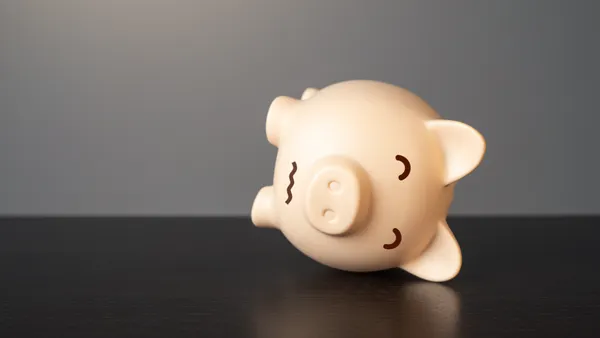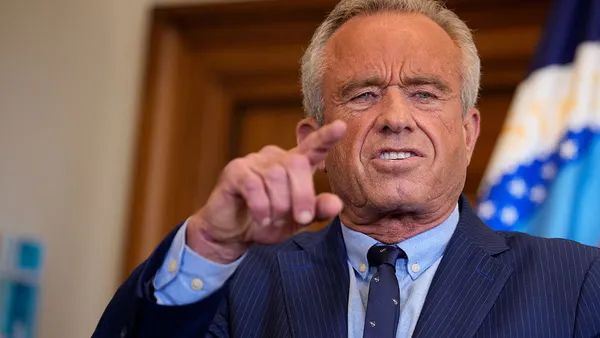Welcome to First 90 Days, a series dedicated to examining how pharma executives are planning for success in their new role. Today, we’re looking at Brian Fox, president of commercial solutions at Klick Group, who stepped into the role in January to transform the life sciences advertising agency into an end-to-end commercialization company.
In college, Brian Fox was hellbent on becoming a doctor. Then, he spent “a bunch of time at a hospital” observing surgeons.
“I love the idea of direct patient care, but I'm a person that's drawn to variety and new challenges,” he said. “The thing that makes a really good doctor or surgeon is extreme specialization, and that's sort of the opposite of variety.”
Naturally, Fox gravitated toward the business side of the life sciences instead and landed a role at McKinsey & Company out of grad school helping drug developers devise commercialization strategies.
Now, after nearly two decades pioneering precision marketing efforts for drug developers using artificial intelligence and machine learning, Fox is on to his next challenge. In January, he joined the Klick Group as president of commercial solutions and is tasked with helping to rapidly scale the U.S.-based ad agency into a global end-to-end commercialization firm.
After 25 years in business, the independent agency announced plans last summer to expand across the world with new hubs in the Asia-Pacific, Europe and Latin America, and Fox’s appointment marks a major step toward its goal of becoming the biggest commercial life sciences group.
“McKinsey is 25 times larger than Klick and four times older,” Fox said of the challenge. “And so we have a lot of growing left to do at Klick and I'm really excited to be part of that.”
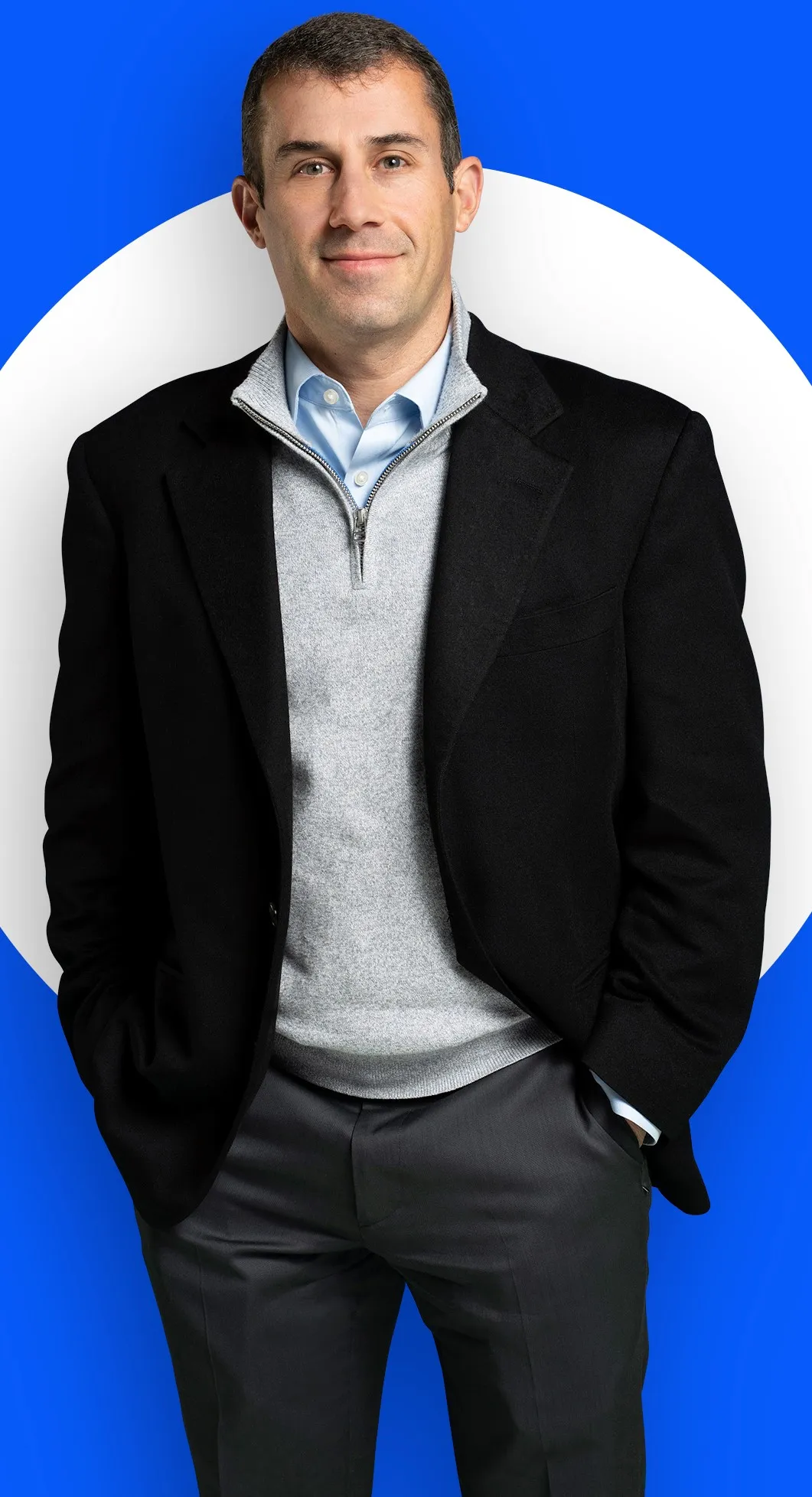
As AI tools that create images, text, audio and even videos that resemble human-generated content become reality, Fox is also hoping to keep Klick at the forefront of its innovation in the life sciences.
Here, he discusses how he plans to grow the company’s footprint, what it means to foster a creative environment and the possibilities he believes generative AI tools like ChatGPT could hold for life sciences marketing.
This interview has been edited for brevity and style.
PHARMAVOICE: You've been tasked with expanding Klick beyond traditional agency and marketing services. In your first few months, how are you approaching that?
BRIAN FOX: My goal here is to help expand our service and drive in two directions. One is finding more opportunities to serve brands in a true end-to-end way, leveraging all the different capability areas of Klick. Then, the other dimension is finding more independent opportunities for our medical team, for our market access team, for our clinical team, for our reputation team, for stakeholder engagement, for our technology team that works with clients on the (marketing tech) stack. And it's also making it easier to engage with Klick in each of those areas. So, who do you call if you're interested in working with us in market access? Right now, it's probably not easy to find that telephone number, so some of this is fully practical.
What are some of the short-term goals for the next year?
First of all, accomplishing what we just talked about. But then there are also ways that Klick will evolve operationally. We're a company that has grown incredibly quickly and has aspirations to continue to grow incredibly quickly. One of the things I've observed — and I don't think this is a new observation — but as organizations grow, they reach different points where they need to start to rethink their operating model. I don't think that Klick is limited at this stage, but there are certainly opportunities to refine how we think about managing the organization, which can unlock more potential.
One of the things that Leerom Segal (Klick’s co-founder and chair) has said to me many times is: 'Right now, Brian, you have the freshest eyes of anyone in the organization, and you only have fresh eyes once. Spot everything that's an opportunity to unlock some of our potential.’ We may not act on all of that right away, but we want to make sure we're thinking about all those things because sooner or later, pretty much every one of those is an area we're going to need to address if we're going to grow two times, five times, 10 times the scale that we are today.
How do you foster an environment where that creativity can flourish?
I'm a really aspirational person. I love to envision where we could be in the future three years, five years, 10 years out, and then get people together to envision that as a group and create that shared aspiration. Then (we can) think about, ‘OK, if that's where we want to be five years from now, what's it going to take to get from here to there?’ If we create that vision as a group, believe we all understand the importance of accomplishing that, and then have a pretty good plan for how we're each going to contribute to getting from here to there, those are the primary foundational pieces for doing things that are remarkable.
I have the most fun when I'm going after big bold, ‘We never thought we were going to be able to accomplish this’ type of challenges. And if I'm having fun, if anyone is having fun, that sort of fun starts to be infectious. And I think very hard about not just where we are going and what the tasks are, but how do we enjoy the path from here to there? When you pull those things together, and you have great people who all have that shared vision, it's like any great team that comes together and achieves amazing things.
"I have the most fun when I'm going after big bold, ‘We never thought we were going to be able to accomplish this’ type of challenges."

Brian Fox
President, commercial solutions, Klick Group
You’ve been at the forefront of machine learning and AI in pharma marketing for a long time. Have you been paying attention to ChatGPT and how it could impact the life sciences industry?
I think all elements of AI, including generative AI are going to be really powerful tools for our industry. We are already using AI at Klick in multiple different ways, as well as other sorts of AI tools to make it easier for our graphic designers to rapidly change images and bring their thinking to life. A lot of these tools will be unlocks for our people. It has just made it easier for them to accomplish what they're intending to accomplish.
We're not seeing that we don't need copywriters anymore. We’re very far away from that.
Where I do think (it is helpful) is that when those copywriters are facing writer's block, they can throw some ideas into GPT-3 and start to spar, like they have a sparring partner. It helps them advance their ideas and their thinking. Everyone does better when they have someone they can bounce ideas off. That's what we're seeing as the real big opportunity — taking our folks and just giving them additional tools that help them take their existing work and get better results.
It's the same when it comes to image creation. You need to have someone who has the idea and the vision that's going to bring the brand to life. But if I'm a designer and I know what I want somebody to look like, if I can bring that to life in an hour instead of two and a half hours because now I have better tools to work with, that's great. It means I can do other things for the client, or maybe I can spend more time with my kids. That's all positive.
Have there been any challenges in the new role you weren’t expecting?
In my mind there is just enormous opportunity. In some sense, that's the biggest challenge, because there are so many different directions that we could go in — there are so many additional ways that we could be serving clients. I mean, we've advised on clinical trials; we have done considerable corporate reputation; or we've advised clients on how to set up their medical, regulatory and legal functions. We could go in any and all of these directions. But if we try to go in all of them simultaneously, that'll be a challenge. So we'll need to set some priorities, and then put as much effort as possible behind driving through on those priorities before we then move to the next on the list. It’s a bit of a kid in a candy shop, which is great.



